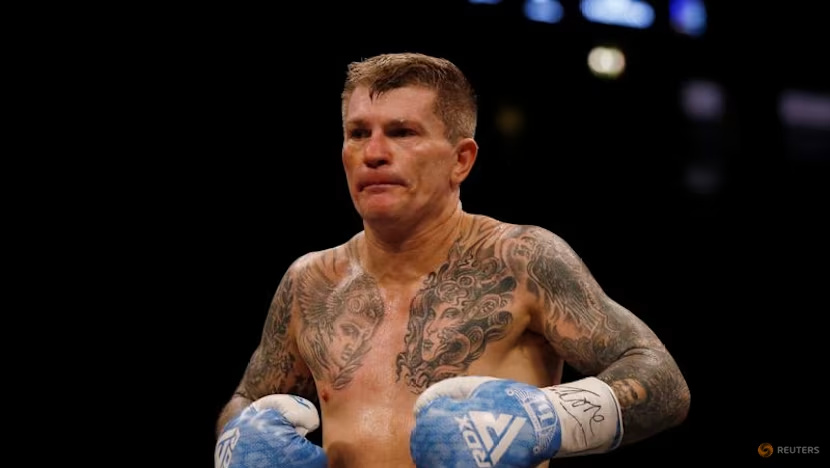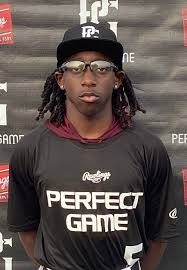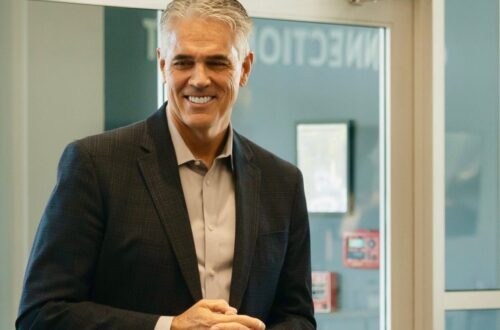Boxing Great Ricky Hatton Dies at 46, Leaving Legacy of Passion and Vulnerability
GREATER MANCHESTER, England — Richard “Ricky” Hatton, one of Britain’s most popular boxing champions, has died at age 46. His body was found early Sunday morning at his home in Hyde, Greater Manchester. Greater Manchester Police confirmed that no suspicion of foul play is currently involved. )
Hatton rocketed to prominence during the early 2000s, known for his ferocious style, stadium-filling support, and headline bouts against global stars. He turned professional in 1997 and won world titles in light-welterweight and welterweight categories, including a defining victory over Kostya Tszyu in 2005.
While his achievements in the ring were many, Hatton’s later years were marked by openness about struggles with mental health, substance misuse, and the difficulties that often follow sporting success. His vulnerability added depth to his public persona, and advocacy around athlete wellbeing has increasingly spotlighted stories like his.
Tributes Pour In: A Community in Mourning
News of Hatton’s death has drawn widespread and heartfelt responses across the boxing world and beyond. Fellow fighters like Amir Khan, Tyson Fury, and Manny Pacquiao paid tribute. Many emphasized that Hatton wasn’t just remembered for his victories, but also for his warmth, generosity, and for being a mentor and inspiration to younger boxers.
Manchester City, the club he supported passionately, also joined in remembrance, acknowledging his place as both sportsman and local hero. Locals, fans, and boxing analysts have expressed both shock at his sudden death and gratitude for the excitement and pride he brought to the community.
Why This Matters
Hatton’s death highlights several broader issues in sports and society: the demands placed on athletes, the risks of post-career life, and the importance of mental health awareness. In recent years, there has been growing recognition in the UK and worldwide that athletic success doesn’t shield one from personal battles
For many, Hatton’s story will stand as both a celebration of sporting excellence and a cautionary tale about what can happen in the spaces outside the spotlight. His legacy will likely continue to influence conversations about athlete support systems, mental health destigmatization, and the long-term welfare of retired sports figures.






